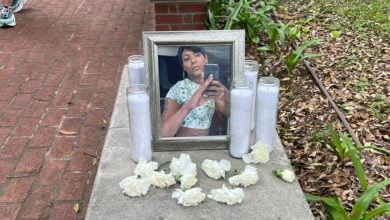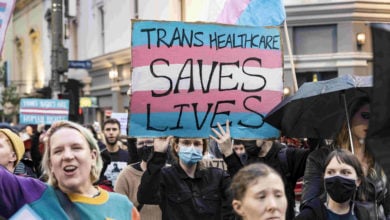On Feb. 7, the Ninth Circuit Court of Appeals ruled that the ban on same-sex marriage rights in California known as Prop. 8 is unconstitutional, upholding the decision of a lower federal court. Despite this legal victory for equal civil rights, the ban on same-sex unions in California remains in place to allow bigoted proponents of the law to seek review by either the full circuit or the Supreme Court.
This decision is the latest in a long sequence of developments since the first same-sex unions were performed in San Francisco in 2004. Over the last eight years, a number of states have adopted equal marriage rights, sparked by those first weddings. At the same time, public opinion for lesbian, gay, bi and trans equality continues to grow, particularly among people under 30.
Despite occasional setbacks, the growth in recognition for same-sex marriage rights is the result of decades of struggle in the streets by the LGBT community and supporters. At the same time, marriage rights is only one of the issues confronting lesbian, gay bi and trans people, including non-discrimination in employment, health care access and rights, and anti-LGBT violence.
As the legal battle continues, independent activism in the streets remains key to winning marriage rights as well as all other rights that are currently denied. It is imperative that the LGBT community join with movements for civil rights, women’s rights, workers’ rights and students’ rights in the fight against racism and for social and economic justice.
Reflecting this sentiment, Joe Delaplaine, a Los Angeles marriage rights and LGBT activist, stated: “Today’s ruling is a victory for all working-class people struggling against oppression and bigotry. The next step forward is winning federal legal recognition of same-sex marriage and other LGBT rights. This struggle will be won by LGBT people and our straight allies struggling shoulder to shoulder in the street.”
The movement for full federal equality for same-sex couples continues to grow. State same-sex marriage laws are not recognized by the federal government. This results in a two-tier system whereby same-sex couples do not have access to the same tax, immigration, survivor and other federal benefits.
A previous court decision upheld the 18,000 California marriages that were performed in the months prior to Prop 8 being adopted. This week’s decision also upheld the standing of the proposition’s authors to defend the law since all California state officials have declined. Judge Vaughn Walker was also found to be qualified in issuing the original federal ruling, despite bigoted accusations by the authors that his long-standing gay relationship rendered him unable to be impartial.






